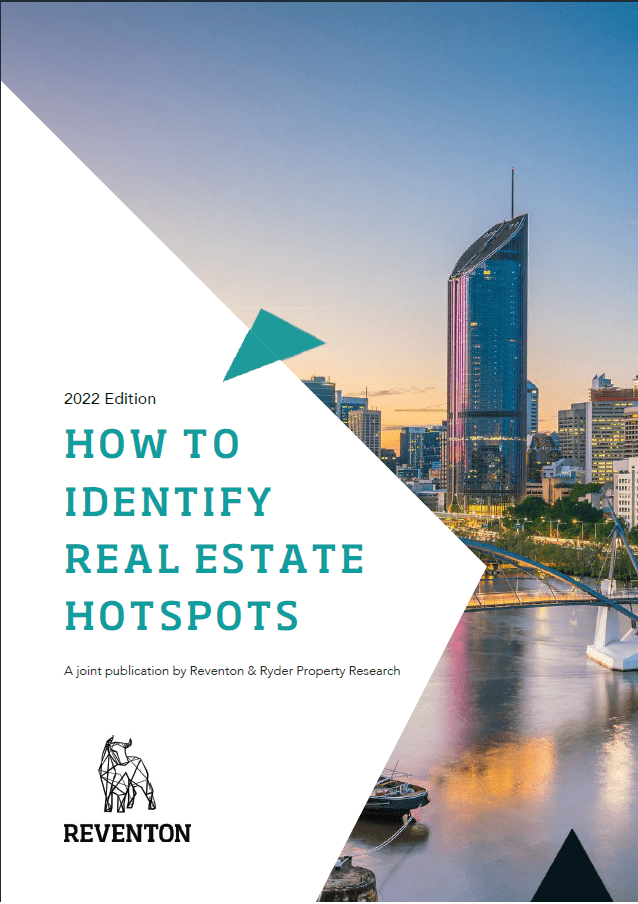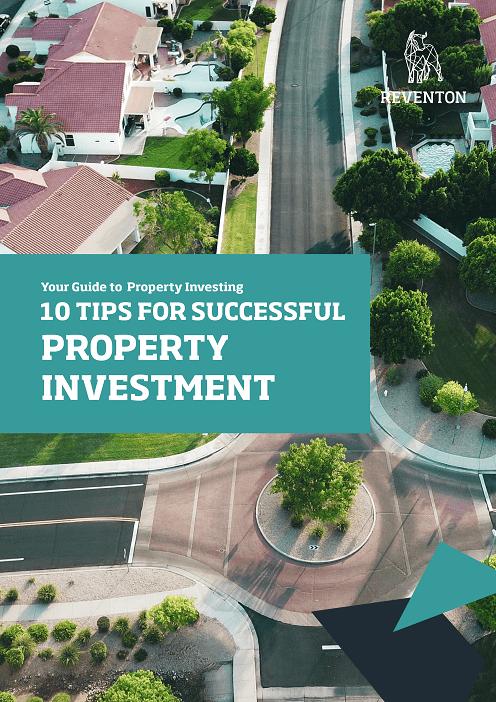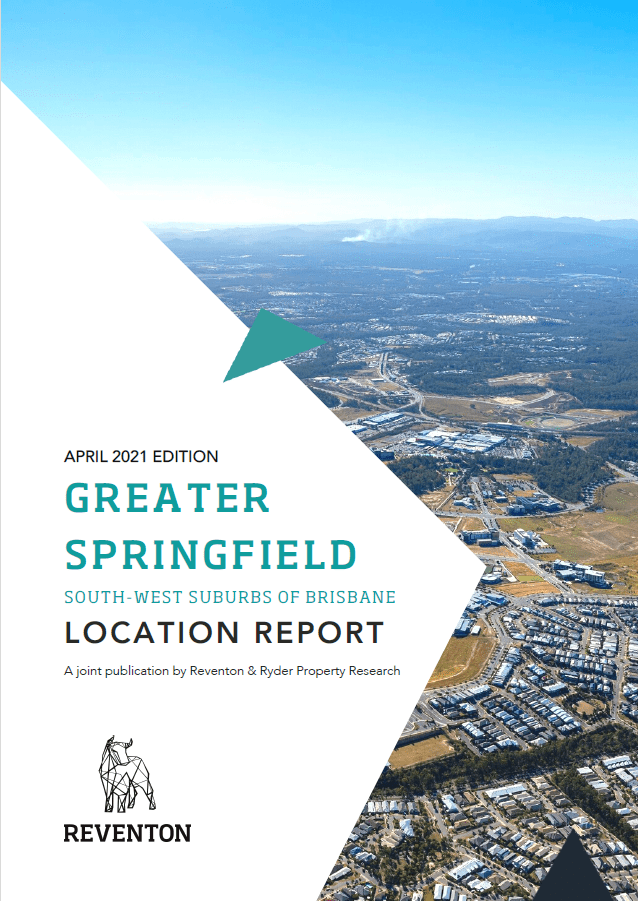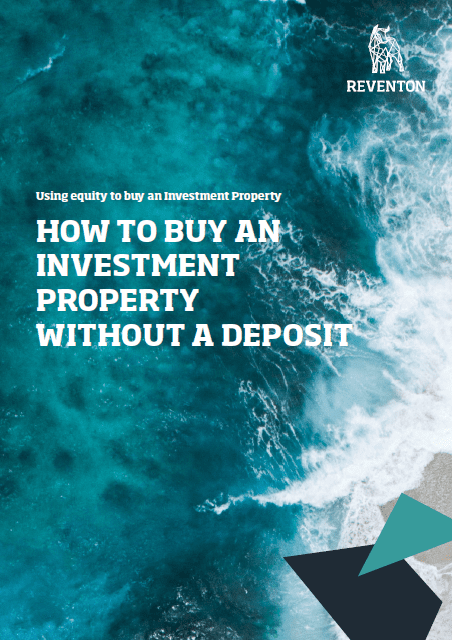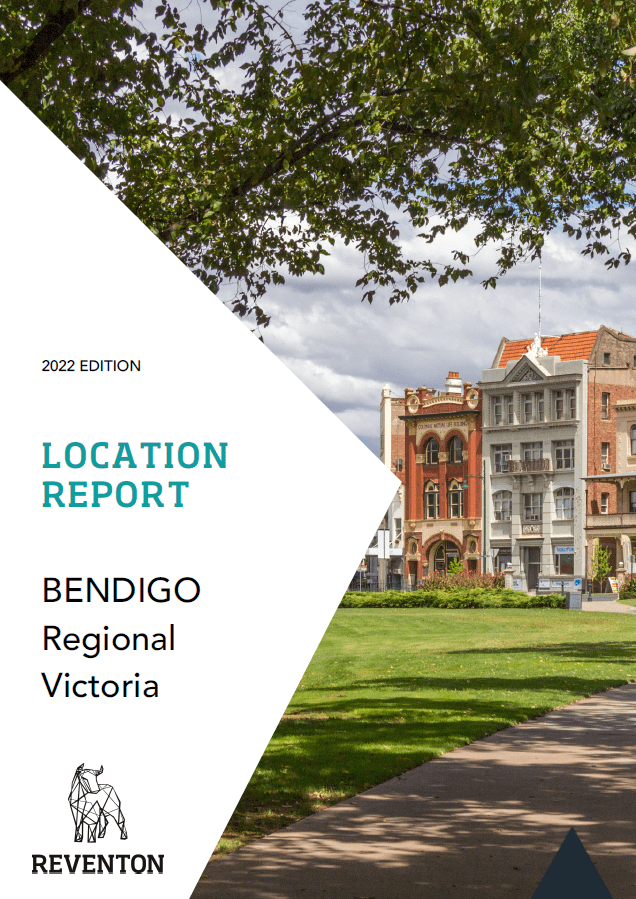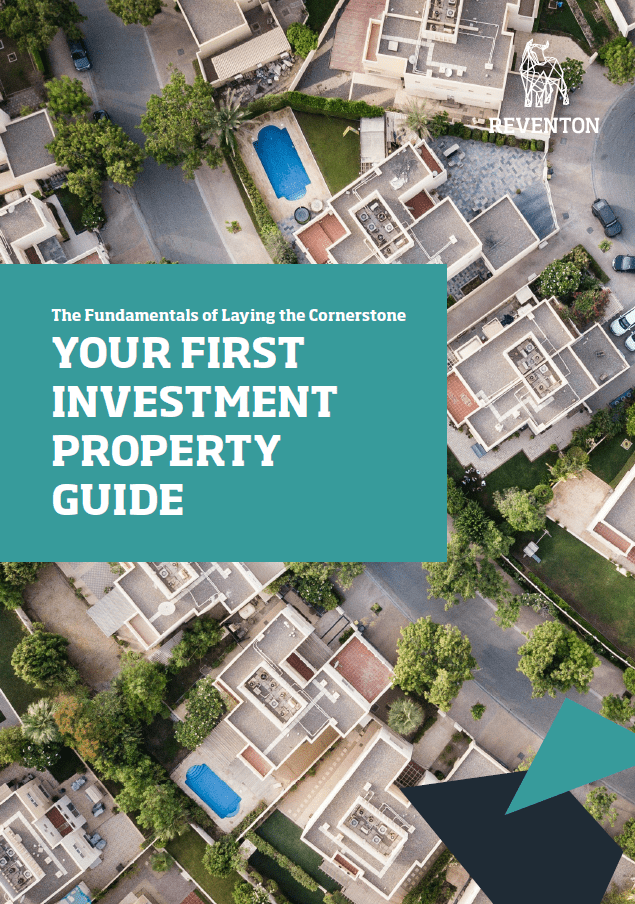Property Investment
We’ve helped thousands of Australians to build their wealth through property investment. With our expert support, you could secure a bright financial future.
PROPERTY INVESTMENT
How we can help
We’ll guide you every step of the way on your property investment journey
All property investment and related services in one place
We offer a complete range of property investment and financial services to our many clients, large and small. Talk to our experienced team of industry-experienced professionals.
Property
Investment
At Reventon, we offer a free, no obligation, property investment consultation to assess your suitability for an investment property.
With this information, we are able to provide a tailored service and where relevant, assist you on your property investment journey.
Buyer's Advocacy Services
After our initial meetings, and once you've qualified as a property investor, we assign you to our dedicated buyer's advocate to find the perfect investment property for you.
With a buyer's advocate you can save time, money and have access to otherwise not available to public, investment properties.
Management Of Your Investment Property
Most people purchase an investment property to build wealth through rental income. However, many do not have the time, expertise or resources to manage their own property. This is where the team at Reventon come in. We can help you lease you investment property, manage maintenance and more.
numbers
Client results
Learn more
Frequently Asked Questions
Investing in property is a secure way to build your wealth. Long term or short term, you can benefit from growth of the property market with your investment paying off significant returns if done correctly.
There are different types of property investment and different types of investor. The route you choose depends entirely on your financial situation, your future goals and the kind of property you want to buy.
Whether you’re planning to future-proof your family’s finances or looking for some extra spending money, property investment offers significant financial benefits that you wouldn’t find with a traditional savings account.
When buying an investment property, it’s important to lay the groundwork to secure your financial future. This means taking a in-depth look at your finances, your goals for the future, and the options of how to get there.
Traditional investor
If you’re a traditional investor, you probably already have your own home and are purchasing an additional property to rent to tenants. You might want to maximise your income, secure your future finances, or build a legacy for your kids. You may receive monthly profits from rent and you’ll benefit from the property increasing in value over time.
‘Rentvestor’
Rentvesting is where you invest in your first home in an up and coming suburb, with the intention to let it to tenants. You remain in your own rental accommodation in your chosen suburb (which is often more established and therefore more expensive). In time, your investment property will help fund a purchase of your own in your chosen suburb.
Home buyer
Investing in property doesn’t have to be focused on revenue. If you are purchasing a property to live in, it’s smart to seek advice to give your new home the best chance of growing in value. By buying the right kind of property in the right location, you can be confident that you’re capitalising on your purchase when the times comes to move on.
When sourcing funding for your investment, you will likely need to take out an investment home loan. There are some key distinctions between owner-occupier home loans and investment home loans:
Interest rates: The interest rates for investment home loans are generally higher than owner-occupier loans. Expect at least a 0.5% higher interest rate, which can have a significant impact on the amount of money you’ll pay each repayment period and over the the lifetime of the loan.
Lending criteria: Many investment home loans have a lower loan-to-value ratio (the size of your loan versus the value of the property) than owner-occupier loans. Lenders see higher rates are higher risk, and very few lenders offer 90% or above loans to investors.
Interest-only loans: Investment home loans are often available as interest-only loans, where you pay interest charges without paying any of the equity. This will reduce your payments each month leaving you with more money in your pocket, but you’ll need to show how you intend to pay back the loan at the end of the loan term – usually by selling the property.
Remember – often a bank or broker will tell you how much you could borrow not how much you should borrow. This can often lead to would-be property investors maxing out their borrowing capacity and taking out a home loan that they can’t afford if circumstances change in the long term. When investing in property, conservative estimates are safest.
When the time comes to begin searching for property to invest in, location can make a huge difference in the potential for your investment to grow. Many people chose to buy close to home or in a familiar location because it’s more comfortable. But, with full property market analysis, investors can make sure their investment is maximised and will give the best returns over the short, medium or long term.
By identifying suburbs that are projected to increase in value, also known as high growth suburbs, there are a number of factors to look for.
Top line factors include population increases, infrastructure investments and recent trends in property prices. There are also other influencing factors such as companies moving into the area, new schools, transport links, and amenities for the suburb. When selecting a property, factors such as the number of bedrooms, new versus existing properties, and its distance to local amenities are important to consider.
If you invest in property, there are a number of income tax deductions you can claim for the costs related to your investment. This includes things like loans and interest, depreciation costs, management costs, council bills, insurance and other fees.
There are also different kinds of investment – positively and negatively geared properties – that makes a big difference when it comes to your tax returns.
It’s recommended that you speak to a qualified tax accountant to clarify what can be claimed with an investment property.
Speak to our expert team.
Let's Get You On Your Path To Financial Freedom.

